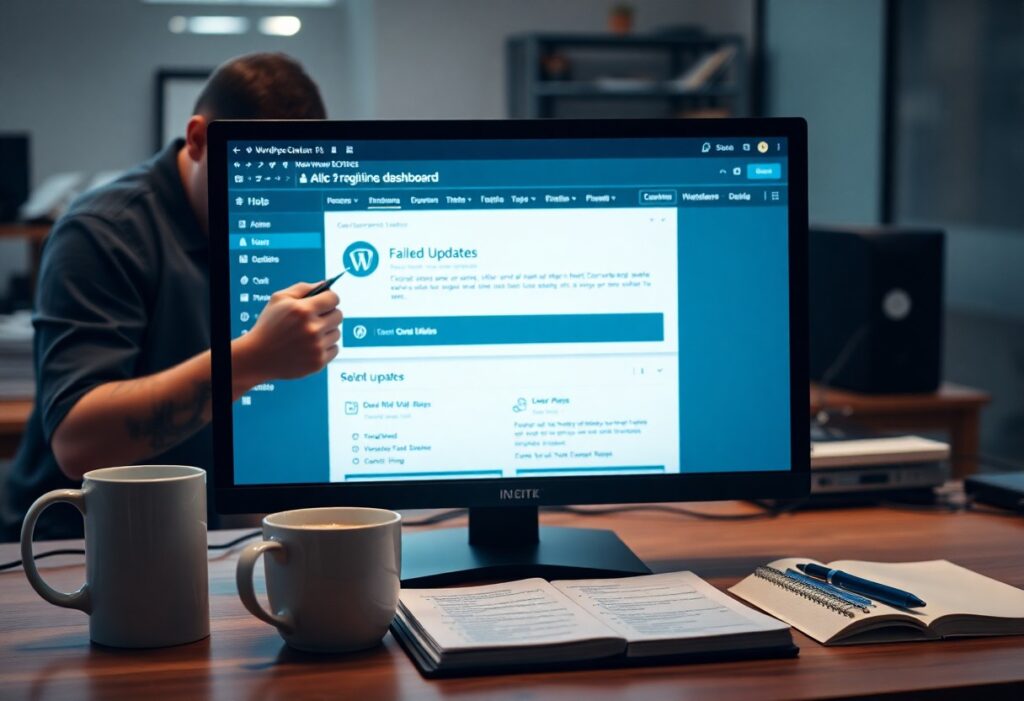Most website owners seek ways to enhance their site’s performance, as a faster WordPress website contributes to a better user experience and can improve your SEO rankings. Here are some quick and effective strategies you can implement to boost your website speed instantly.
1. Use a Fast Hosting Provider
The foundation of your website’s speed lies in your hosting provider. Consider switching to a reputable hosting provider that specializes in WordPress optimization. Look for options like managed WordPress hosting, which can offer better server performance and improved loading times.
2. Optimize Images
Large images can significantly slow down your site. Use an image optimization tool or plugin, such as Smush or ShortPixel, to compress your images without compromising quality. Always ensure that your images are in the correct dimensions and formats (JPEG for photos and PNG for graphics with fewer colors).
3. Implement Caching
Leveraging caching can drastically reduce load times. Use a caching plugin like WP Rocket or W3 Total Cache that helps you create static versions of your pages, and serve those faster to your visitors. Without repetitive calls to the server, your website will load quicker.
4. Minimize CSS, JavaScript, and HTML
Reducing the size of your site’s code can also lead to faster loading times. Utilize plugins such as Autoptimize or Fast Velocity Minify to automatically minimize and combine your CSS, JavaScript, and HTML files. This will lead to less data transfer, speeding up your site.
5. Use a Content Delivery Network (CDN)
A CDN distributes your website content across multiple servers worldwide, meaning users can access your site from a server closer to their geographic location. Consider using services like Cloudflare or MaxCDN to improve load times for visitors from different regions.
6. Limit Plugins
While plugins can enhance your website’s functionality, too many can slow down your site. Audit your installed plugins and remove any that you do not use or need. You can also seek out multi-functional plugins that serve several purposes, helping to reduce the total number of plugins you require.
7. Optimize Your Database
Your WordPress database can accumulate clutter over time, impacting performance. Utilize a database optimization plugin like WP-Optimize to clean up your database by removing unnecessary data, such as post revisions and transient options. This can help reduce the size of your database and improve overall speed.
8. Use Lazy Loading
Implementing lazy loading for images and videos means that these media files load only when they are visible on the user’s screen. By doing this, you can significantly improve initial load times. Plugins like Lazy Load by WP Rocket can help you set this up easily.
By following these simple strategies, you can enhance your WordPress website’s speed and provide a smoother experience for your visitors. Implementing even a few of these tips can result in noticeable improvements.




